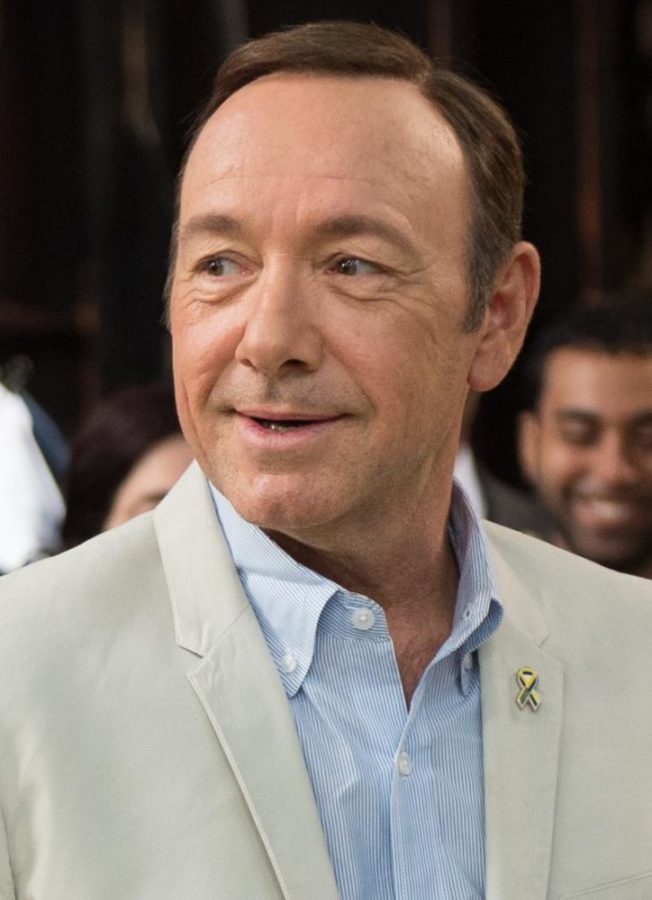The wave of sexual assault allegations that have roiled Hollywood in the wake of revelations earlier this month about producer Harvey Weinstein dragged down another celebrity this weekend, but this time the accusation came with a twist.
According to actor Anthony Rapp, Kevin Spacey, the actor famous for his roles in movies like “American Beauty” and shows like “House of Cards,” made unwanted sexual advances toward him in 1986 — when Rapp was just 14 years old. Rapp alleges Spacey, who had invited him to an actors’ party in Manhattan, drunkenly picked him up and carried him around before lying on top of him.
Spacey’s reaction on Twitter to Rapp’s accusation started out predictably enough, with comments of shock and apology. But the actor’s statement took a turn for the unexpected.
“I have loved and had romantic encounters with men throughout my life, and I choose now to live as a gay man,” Spacey’s statement read. “I want to deal with this honestly and openly and that starts with examining my own behavior.”
Obviously, it’s important that Spacey can be open and honest about his sexuality with society at large. But the context in which the actor chose to reveal this fact about himself not only appears to downplay the seriousness of sexually assaulting a child, it helps foster harmful and untrue stereotypes associating members of the LGBTQ+ community with pedophilia.
It would be another thing if Spacey had never had the chance to come out before. But rumors surrounding Spacey’s sexuality have been around since at least 1997, when an article in Esquire suggested not-so-subtly that the actor wasn’t straight. As recently as this June when he hosted the Tony Awards, Spacey performed a comic routine that appeared to make a joke out of coming out.
Many institutions and prominent figures in the LGBTQ+ community were convinced that the timing of Spacey’s announcement was intentionally meant to save face for the actor. Gay and Lesbian Alliance Against Defamation President and CEO Sarah Kate Ellis said the controversy “is not a coming out story about Kevin Spacey.”
“Coming out stories should not be used to deflect from allegations of sexual assault,” Ellis told People magazine yesterday.
Even without considering Spacey’s intentions, his decision to time his coming out when he did will still have an overwhelmingly negative impact on the rest of the LGBTQ+ community. Fellow actor Zachary Quinto, who is also gay, condemned Spacey’s timing as changing something that should have been a point of pride for the community into something shameful.
“It is deeply sad and troubling that this is how Kevin Spacey has chosen to come out,” Quinto said on Twitter. “Not by standing up as a point of pride — in the light of all his many awards and achievements … but as a calculated manipulation.”
It can be difficult for people who live so wholly in the public eye to share parts of their private lives, especially if they’re members of the LGBTQ+ community. But Spacey should have known better than to tie together his being gay with his sexual advances toward a minor — reinforcing this stereotype will only harm other gay men. He shouldn’t treat a sexuality he shares with countless marginalized Americans as a cheap trick to get off scot-free for his past misdeeds.


